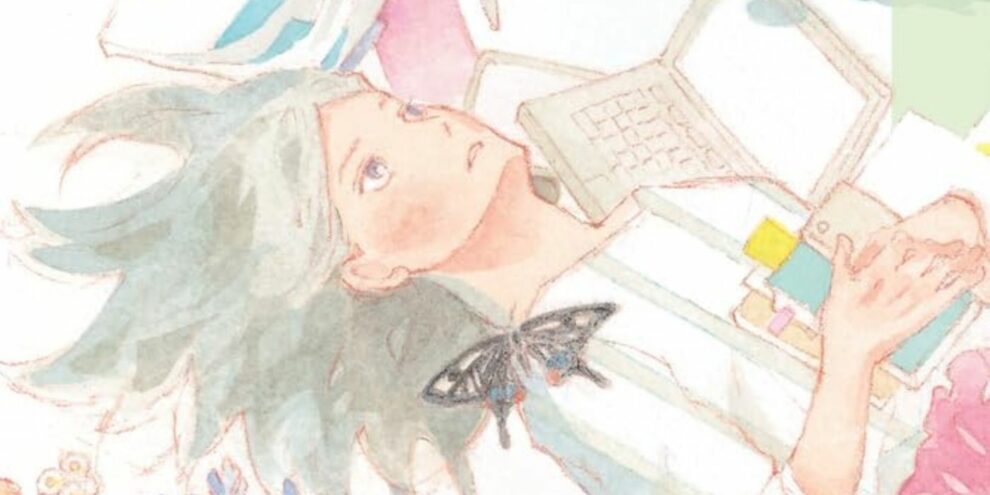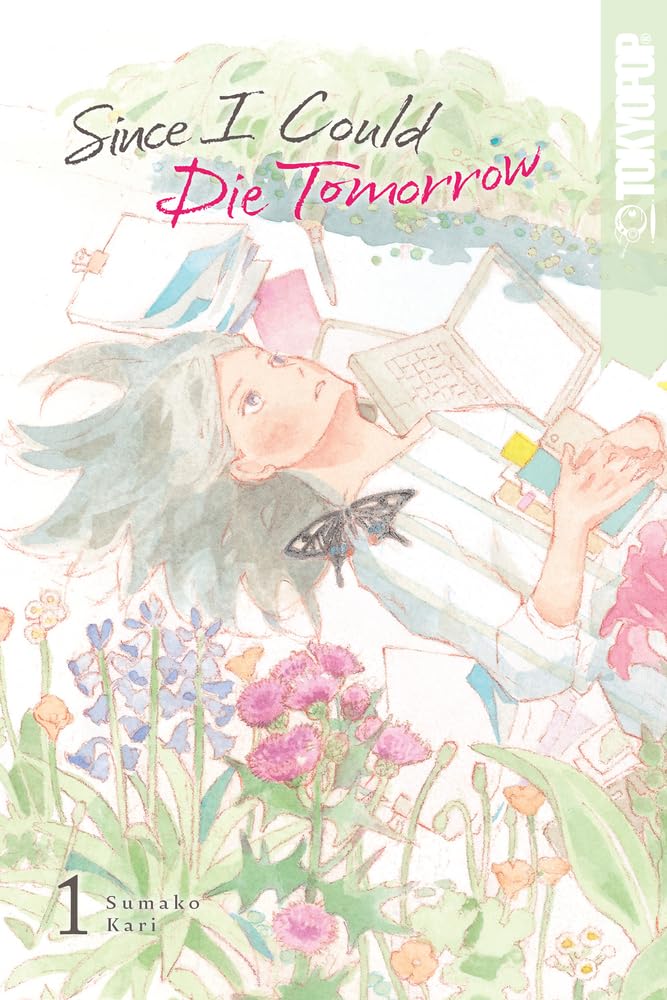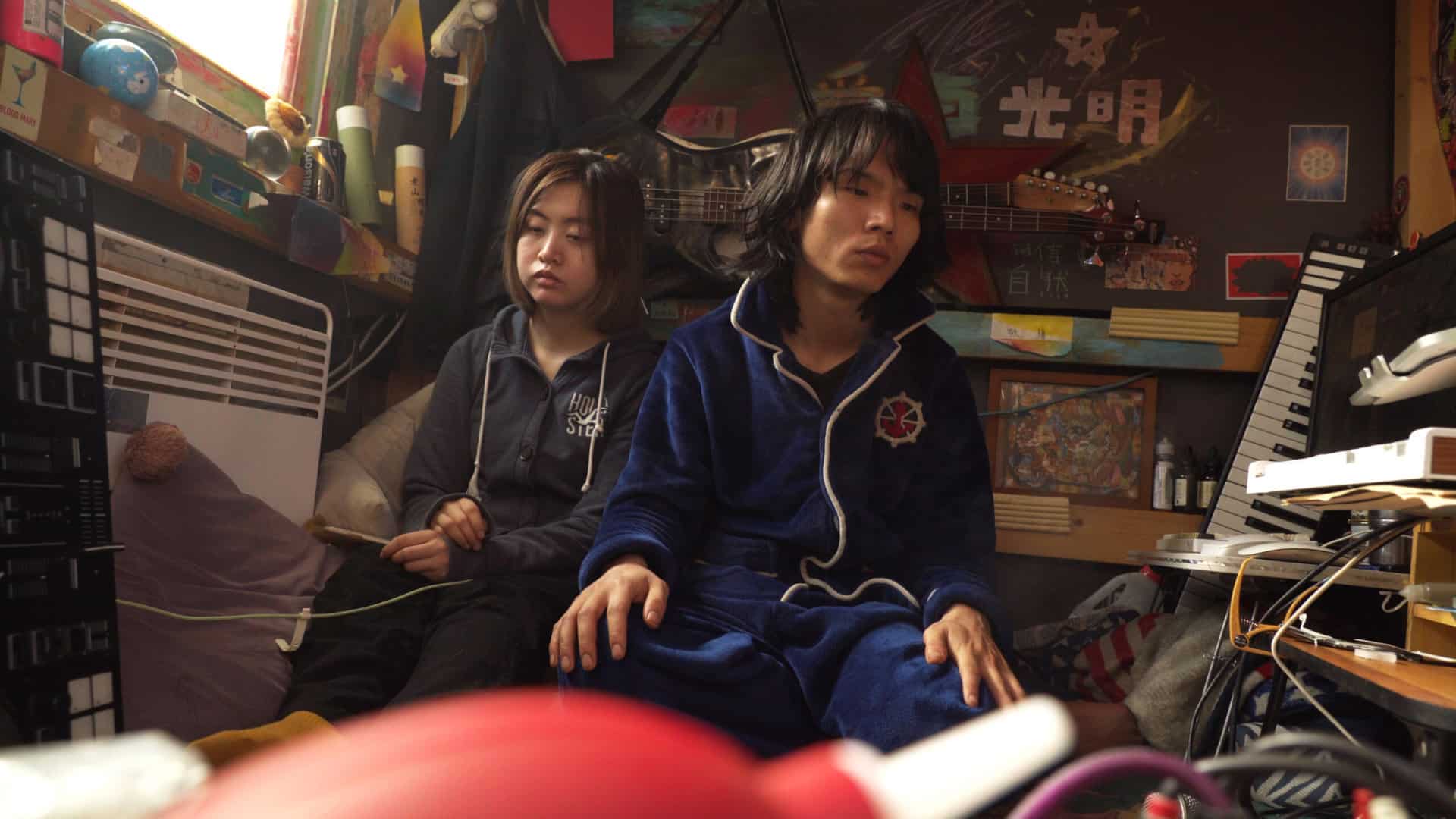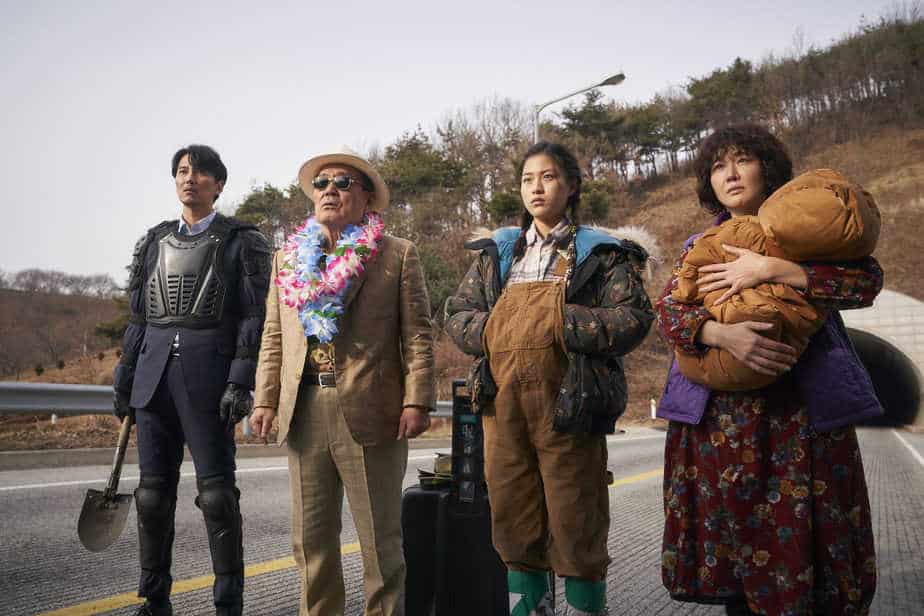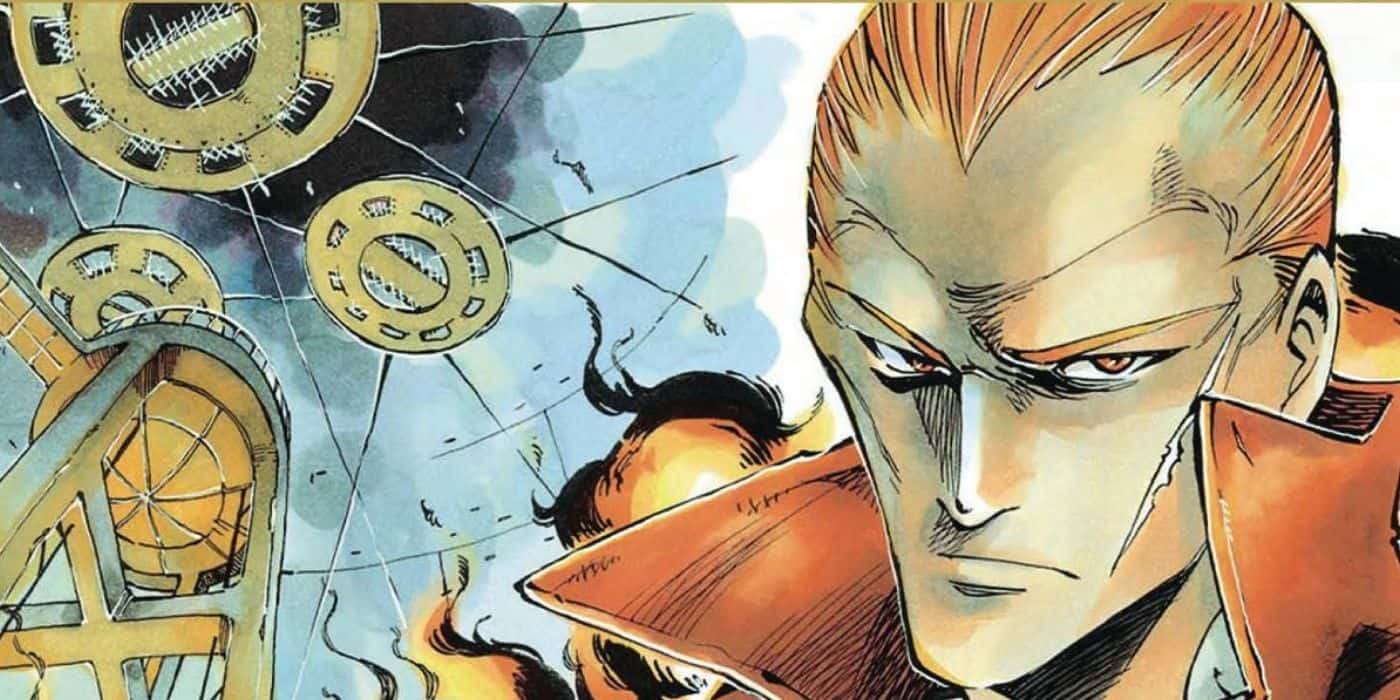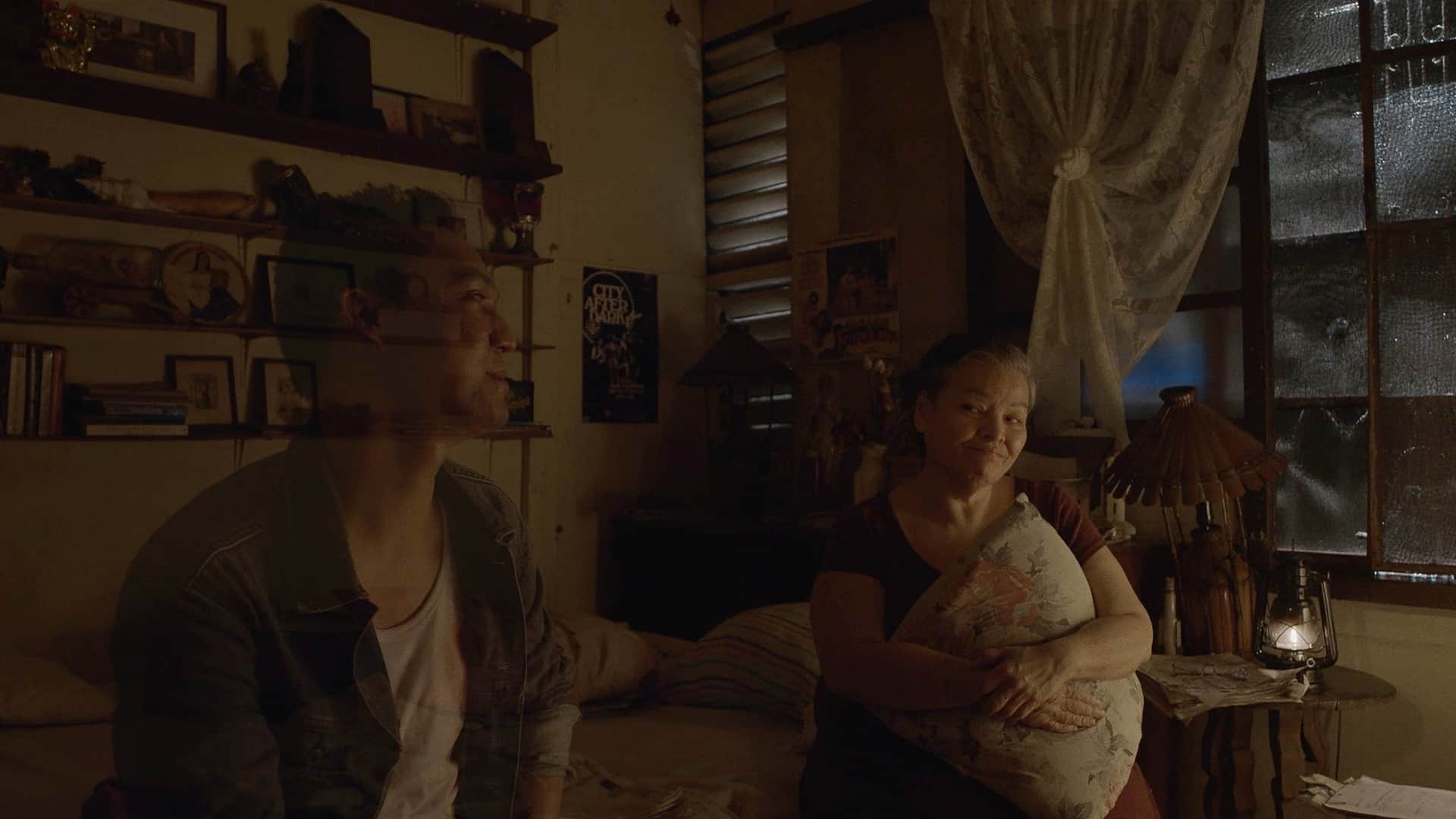“Sawako Honna, 42, single; she works hard at a film promotion company. One night, all of a sudden, her heart palpitates, and her body goes cold… Could it be that she's going through menopause!? Not as hard-working as in your 20s. Not as flippant as in your 30s. The mental and physical changes, and the obstacles you face in your 40s. Sudden illness, menopause, fatigue you can't get rid of, changes in working patterns, money worries, life plans for the future..” (Tokyopop)
Manga can perfectly encapsulate the profundity of a time and place, often dealing with youthful exploits, first romances, coming of age, childhood tragedy, etc. Much like the best titles that approach significant life changes, Sumako Kari's “Since I Could Die Tomorrow” brings that same intrigue to a subject, but one less explored in the medium: menopause. Moreover, Kari approaches the subject sincerely, allowing it to transcend beyond something that will only appeal to those affected.
Beyond the specifics of the symptoms of menopause, “Since I Could Die Tomorrow” addresses other elements relative to any significant life change. Relationships, work environment, and sense of urgency are all relatable, especially when framed under the broader theme of the aging process, from gray hairs to feeling less desired. Undeniably, there will still be a greater appeal to those who know or are open to learning more about the symptoms of menopause. However, it is essential to note that even for a man like myself, the book is still intriguing and relatable in many aspects despite having admitted little care about the subject.
Another major attraction of the work is the intertwining of two different stories, a clever approach by Sumako Kari to give that feeling of touching on something more profound than just personal experience. Sawako, a career-oriented professional, is the central figure. However, the shift to family-driven Toko adds a more familial angle to the story; one could envision their mother balancing home life and emotional and physical changes. The two stories wonderfully complement each other in depicting the range of menopause's effect, ensuring reliability for those with different focuses in life.
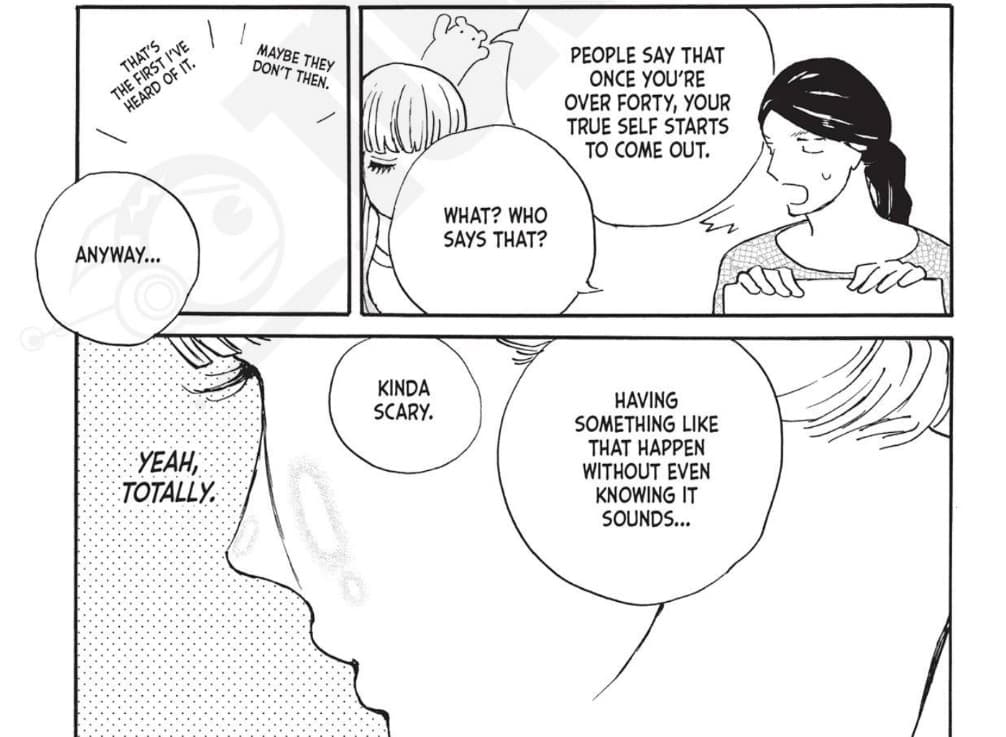
Visually, it is challenging to muster too much enthusiasm for the art of Kari, as it is overtly minimalistic in its conception, with what little flourish there is coming in depictions of material items (food, flowers). However, this approach also gives the work a more visually realistic feeling, which is the perfect vehicle to explore its themes. Given that exploring emotions and deepening the understanding of what the characters are going through is the focus, the straightforward artistic approach will only act as a deterrent if the reader requires that visual flair to feel invested in a story.
What one would consider a niche title on a niche subject ends up transcending that through sharp storytelling and examining the broader scope of a challenging life transformation. As such, “Since I Could Die Tomorrow” will fit in ideally with those looking to explore more personal and realistic stories aimed at a mature audience.


